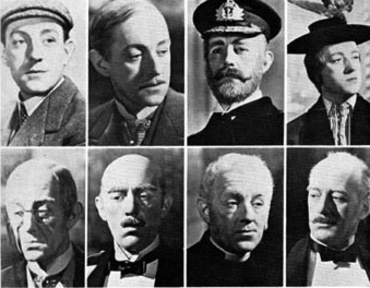Well, right in this particular analysis, anyway:
Which is where we can bring Karl Marx into the discussion. Wrong as he was on many points he was at times a perceptive analyst. And he noted that what determined the wages of the workers wasn’t some calculation of a “fair wage”, nor some true value of their production (although he had much to say on both points), but in a market economy the wages that were paid were a reflection of what other people were willing to pay for access to that labour.
If, for example, there were a large number of unemployed (that “reserve army of the unemployed”) then a capitalist didn’t have to raise the wages of his workers however far productivity grew. If anyone tried to capture a bit more of the value being created, say through a strike or other activity, then the capitalist could simply fire them and bring in some of those unemployed. No profits needed to be shared with the workers. However, when we get to a situation of full employment then the dynamic changes. It’s not possible to simply hire and fire to keep wages low. For the other capitalists are competing for access to that labour that makes those profits. The higher profits go the higher all capitalists will be willing to bid up wages to continue making some profit at all.
The obverse of this is if the employers collude in order to artificially suppress the wages of the workers which is why that case involving Apple, Google and so on is going to trial. That’s monopoly capitalism that is and we really don’t like it at all.
But in this case with Yahoo trying to challenge Google’s YouTube, it will be the workers who benefit. For the two companies are vying with each other for access to the content being made and thus the profits that can be made. Of whatever revenue can be made a larger portion will go to the producers of the content and a smaller one to the owners of the platforms. Which is excellent, this is exactly what we want to happen.




